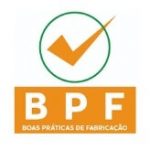SDB was founded in the early 1960s as a small solar salt production company in Galinhos, Rio Grande do Norte, Brazil. It is part of the American group Stone Canyon Industries Holdings Inc. along with other major salt companies from the USA, Canada, the Bahamas, Chile and Peru, and is the only salt company in Brazil with the scale and backing of a major international group. SDB is one of the largest salt producers in Brazil. Its annual production capacity is around 700,000 tons. The company serves both domestic and foreign markets by sea and land.
“Our mission is to produce and deliver all types of salt that contribute to improving everyday life.”
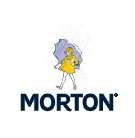

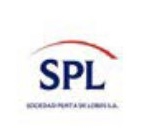
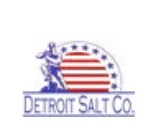
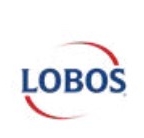
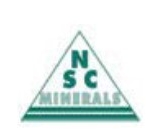
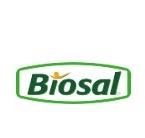
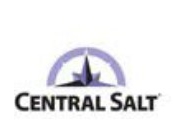





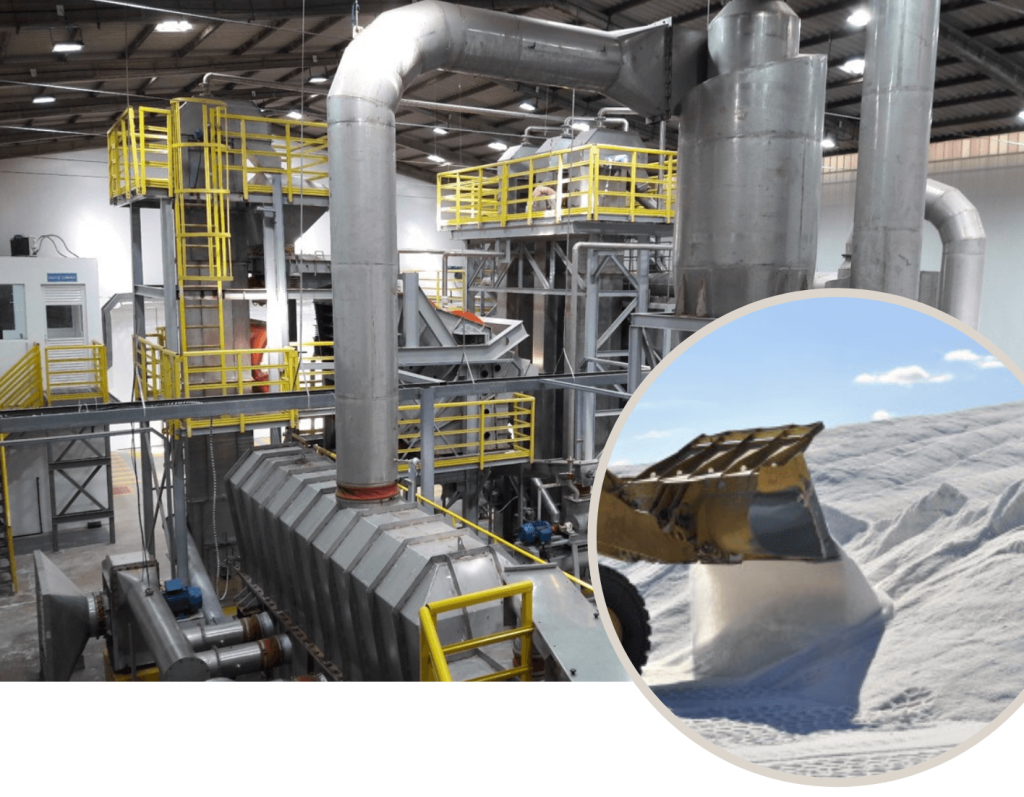
Automated salt refining plant, which allows the supervisor to remotely monitor the process, generating excellence in operational performance through intelligent controls and sensors that are interconnected to the PLC.
The multi-selection sieve allows a high degree of conformity in the crystals, selecting them for products with different purposes.
The refinery plant has a modern dedusting and exhaust system that provides a dust-free environment, properly cleaned equipment with high indoor air quality, guaranteeing the health of employees as well as the quality of the air released into the atmosphere in line with the environment, making production cleaner and more sustainable.
The filling rooms are air-conditioned, have restricted access, are isolated from the other stages of the process, have a modern structure and meet the strictest legal health requirements. The equipment is made of high purity stainless steel.
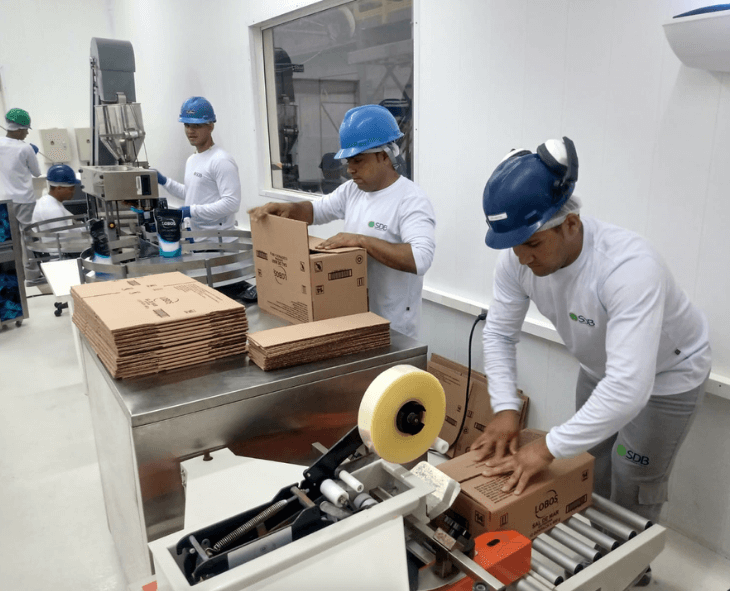
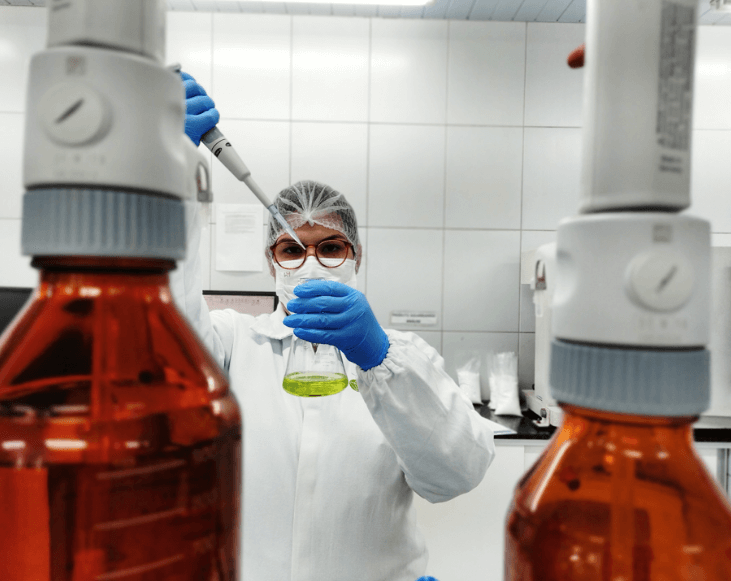
Quality control with a modern, high-precision structure and equipment. Fully qualified staff. Salt monitoring analyses from brine collection to the final processed product and product release. It complies with all the requirements of the regulatory bodies, meets customer requirements and follows quality, laboratory testing and food safety standards.
The operational team undergoes specific training in standard internal procedures, quality and food safety in the process, in order to maintain total product quality and meet our main objective, which is to provide our customers with a high quality product. The result of this operational system is greater quality, productivity and safety in our products. In addition, SDB has prioritized the use of high purity and quality stainless steel in all the equipment in contact with the product in order to further enhance food safety. With these premises in place, the refinery project at SDB stands out from other salt plants in Brazil.
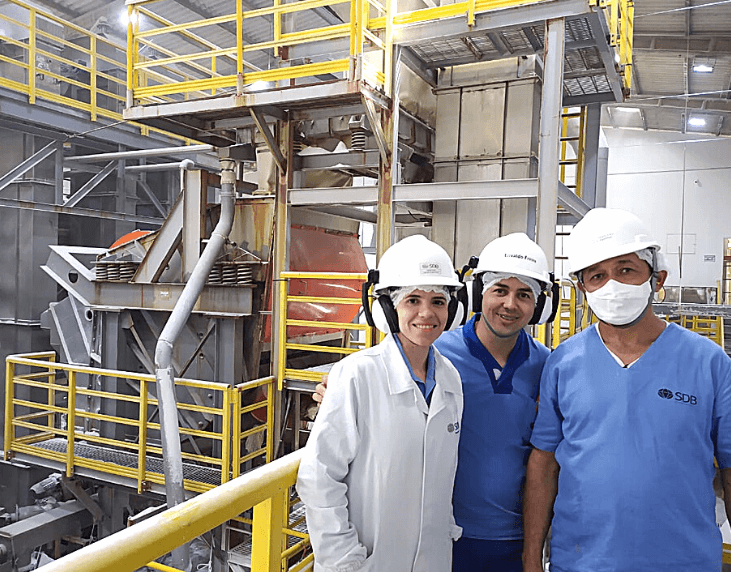

Environmental conservation is an important pillar of our company, which is why we prioritize compliance with environmental legislation throughout our production process. In addition, our environmental education programs, selective collection, river monitoring, recovery of degraded areas and reforestation make salt production cleaner and more sustainable.
Occupational Health and Safety at SDB seeks, through a set of standards, guidelines and requirements on risk management, to protect our employees in their daily activities, thereby minimizing and/or avoiding accidents at work and occupational illnesses in our industry.
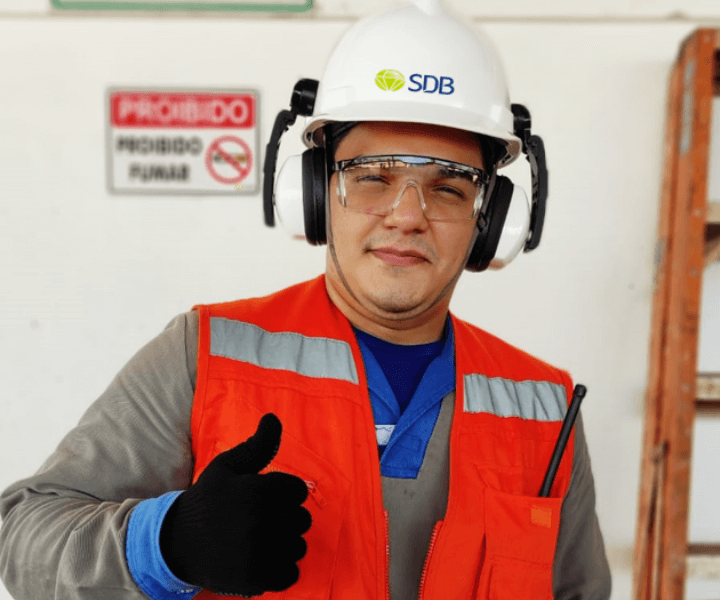

We believe that equal rights and respect are fundamental foundations for our company. We have a compliance channel open to all employees, who in turn must follow the values set out in our code of conduct: Integrity, Humility, Teamwork, Personal Empowerment, Commitment to Excellence, Dynamism and Efficiency.
SDB was the first Brazilian salt company to receive international quality certification (ISO 9002, which migrated to ISO 9001 in 1999), making it a pioneer in the NBR ISO 9001/2015 Quality Management System in the salt industry and in meeting high quality standards.
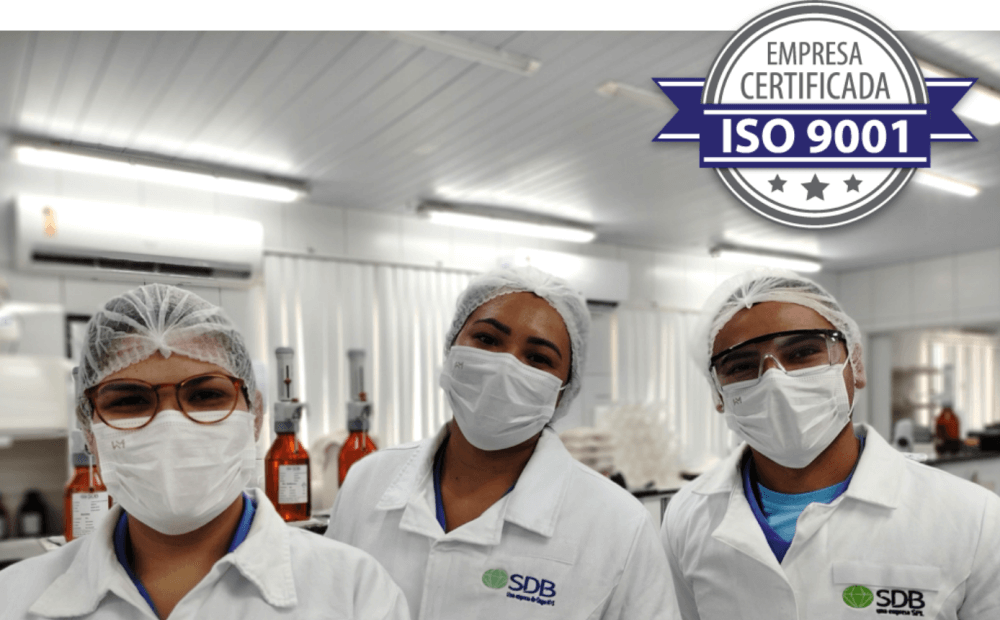
The purpose of Salina Diamante Branco Ltda. is to produce salt for industrial use, animal consumption and human consumption. It aims to continuously improve the effectiveness of its Quality Management System, and seeks to fulfill the commitments it has made to its customers and meet the applicable legal requirements.
We meet food safety requirements with GMP (Good Manufacturing Practices) and HACCP (Hazard Analysis and Critical Control Points) programs, as required by regulatory bodies and clients.
